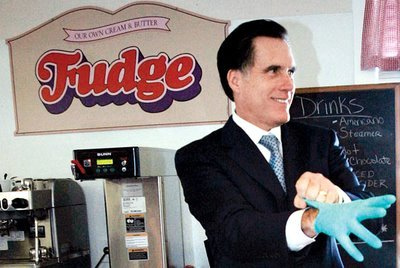In the UK over the past two or three years, the term radicalisation has appeared more often in public debates. But it seems to be one of those terms that get used without much thought, particularly in media reports about Islamist violence or simply political Islam. Radicalisation of youth, radicalisation in prisons, radicalisation on campuses, and radicalisation on the net – what does it mean? What exactly does it refer to? Does it always mean the same thing? Research at the NPCU is investigating how Jihadist violence is justified by perpetrators and supporters in various contexts. Such violence would appear to be lie at the end point of radicalisation processes. However, we also think the term itself needs some scrutiny. In this post I want to begin to ask what kind of concept it is.
The starting point for analysing political concepts is often ‘essential contestability’. (Skip this paragraph if you know what that means.) The concepts we use such as freedom, democracy, or radical are essentially or intrinsically contestable – their meaning disputable – at several levels. We can disagree on the internal features of a concept. Let us say democracy refers to rule by the demos and to the equal right to political participation among the demos. But to those features some people might add others, e.g. democracy features periodic moments for collective decision making (elections, referenda etc). So if we are talking about a democracy, and the latter isn’t evident, then we can argue about whether it’s really democracy we’re looking at. We can also disagree on how we judge the concept. Do we judge it against an exemplar or against an ideal, (“This democracy is not what the Athenians wanted”), or do we judge it pragmatically and contextually? And then a political concept can be essentially contested because of the ways we use it. We can use ‘democracy’ or ‘radical’ to score points against our opponent or to surprise and unsettle an opponent; the point is, concepts cannot be neutral since their meaning depends on how we use them. Note that essential contestability only applies to political concepts. It would be odd for the term ‘table’ to be used in an aggressive or surprising way, for instance. But the point is, we can unpick the various levels (features, evaluation, usage) upon which a concept has meaning, and how contestation arises at each level. Such conceptual analysis can then shed light on what people are doing with language in order to achieve their political goals.
A story on BBC News 24 last year on Islamist radicalisation in prisons referred to five features of 'extremism': extremist views, extremists’ training, extremist actions (buying bomb-making material), the extremist journey (migration/asylum, trips to Pakistan), and the extremist character (agitated, angry). The reporter was using it in a fairly decontextualised manner – Islamist extremism in prisons was not compared to far right or white supremacist extremism in prisons. The reporter presented it simply as an isolated problem to be condoned. Finally, a prison officer representative was interviewed. He used the term, and the implied problem, as a chance to ask for extra funding to provide prison officers with Arabic language lessons and training in understanding Islam. He also used extremism as a threat: if they can’t limit extremism inside, society will suffer problems outside. But we could hypothetically disagree with all of this: we could say extremism has other features, or we could judge it comparatively, or we could use the term less aggressively and not try to scare government into releasing more funds for prisons.
So radicalisation then. What are the features of radicalisation that differentiate to other processes? How does the way in which people are judging the term leading to disagreements in current political debates? And how does the way the term is used contribute to such disagreements? Witness media debates around Ed Hussain’s book The Islamist last year, or government appeals for the British public to alert authorities to evidence of radicalisation – what exactly do people mean by radicalisation? What if the term didn’t exist – would we have to invent it? Did it get mentioned much before the 7/7 bombings in 2005?
Future posts will return to this matter, but I’d welcome any comments on the origins, meanings and uses of the term ‘radicalisation’ in public debate in any country. This may begin to illuminate some of the politics of security, identity and terror we are witnessing.


